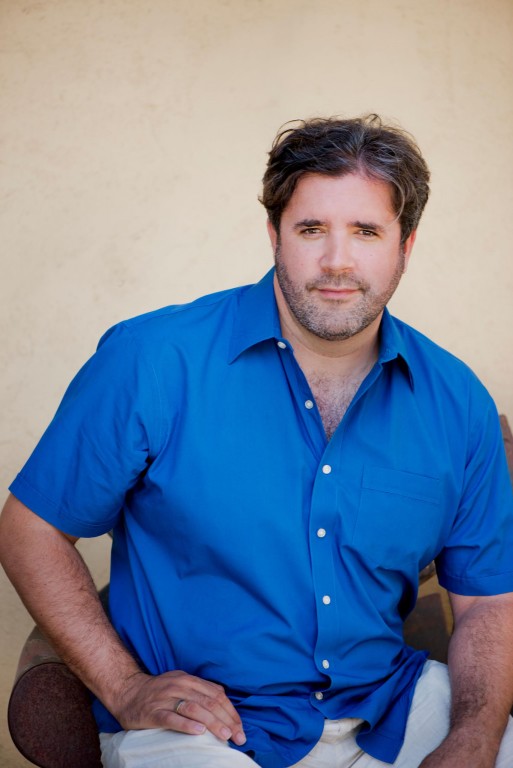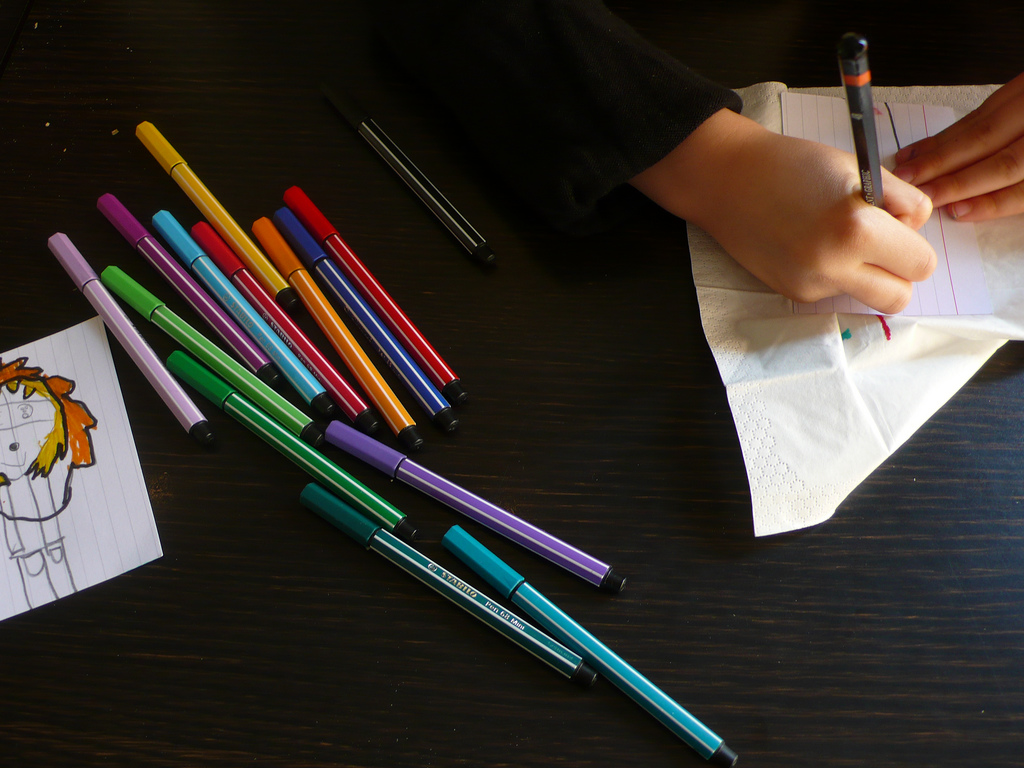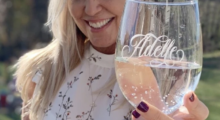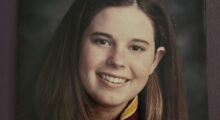In part two of a two-part interview, SevenPonds speaks with marriage and family therapist Daniel Clifford. Through his work as a counselor and yoga instructor, Daniel has expertise in coping with complicated grief mentally and physically. He began his work as a counselor in 2010 and has since operated his family counseling office in San Francisco. He works with adults and children to heal after significant losses.
Marissa: You talk a lot about what happens when children experience the loss of a loved one. What special obstacles do children face when they experience grief?
Daniel: I want to be humorous in some way with this, and it may not come across that way, but I feel the biggest obstacle that children have in processing any emotion are adults. Children are told and suggested that they need to do the following things in order to work through their problems. My experience is that children process and work through their problems probably twice as fast, if not faster, than most adults. And in that aspect they need a safe space to do that, and I find that there is no talking that can be done. They usually do it through nonverbal expression, whether it’s playing in a sand tray or playing with clay molds or doing various forms of artwork. Really getting into the metaphor of life. Children under the age of 10 typically operate in image-based constructs, which goes into the world of fairy tales and mythology. “How did Icarus die? Because he got so full of himself and cocky.” Every child can understand that if they get too close to the sun, that they’re gonna die. And in that context, you start to work with various aspects of emotion.
Marissa: That makes sense, yeah.
Daniel: When it comes to grief, we start with the simplicity of lighting a candle. We’re gonna light a candle, and be very quiet and very still, and we’re gonna talk about what happened and what we’ve experienced now that our loved one is gone. And in that moment of stillness, they start to express, “I remember when my dad did this, or my mom said this, or this particular vacation we went on or this particular holiday.” That allows them to start to express it verbally. You hand them a piece of paper. “Why don’t we draw that image? Why don’t we put a shoebox together with some photos of that time and place that we can always go back and look upon?” It’s really a tangible experience for those children at that point because they don’t have the words or really the brain stem construction to process the way adults do.
Marissa: Interesting. Would you say that’s a benefit that children have over adults?
Daniel: I’ll answer it this way, adults have children inside themselves, and I mean this in a very figurative sort of way. A lot of times what I’ll do with adults is draw them back into that childhood space in order to work and process some of this stuff, particularly if they’re not able to do it logically. To answer your question in a roundabout way, I feel one of the best ways to process grief is to process it like that in that way, in artwork and in doing physical sort of stuff.
I would also suggest that for adults, in a differentiated way, we best process when being held together in a group, around a campfire or around a table. That way, they have a twinship and they realize they’re not the only ones in the world going through this. Other people have gone through it, not only in the past but currently with them side-by-side, hand-in-hand. It becomes a community thing to process the grief in one’s life, and even theoretically the grief on the planet. It is really a community-based concept to process and hold those that have gone before us in passing and death, and holding everyone together as we make the transition.
Marissa: Is there a significant difference in how you treat adults compared to children going through grief?
Daniel: I have found that groups in general, even for kids, are a much easier way to process one’s emotions. And it doesn’t even have to be specific to grief and bereavement. Sitting with someone else who is going through your same experiences and being accountable to them for your emotions and accountable to them to the commitments you make is a huge self-reflection and self-motivation. That’s why I feel Alcoholics Anonymous works so well.
Daniel’s three steps to think about grief:
1. Where am I feeling it?
2. Why am I being triggered at this point?
3. What do I want to do with that information?
Marissa: What tips would you give children or their parents to cope with grief?
Daniel: I feel children need to be given some space. They need to be told what is going on and what that means, and they need to more likely be told it in some sort of metaphor. Like, “Mom, or dad, or sister, or brother, or grandma, or grandpa is not coming back again.” “Why?” “Well, they’ve passed away. They’ve gone up to — whatever religious belief you have — heaven.” Then have them sit with that. “So they’re not coming over for dinner again?” “Yes, they’re not coming over for dinner ever again.” Just hold onto them as they process that information. Allow them to go through their own process. Really that’s recommended for anybody, but children in particular. A lot of times what ends up happening is parents get so caught up in their own grief and wanting their children to be OK and feel OK, that they don’t give the child a lot of space. Because they [the parents] are the ones that are suffering the most, and wanting to make sure that everything’s taken care of.
Marissa: Right.
Daniel: There’s a metaphor for what I would use: You get on an airplane and the flight attendant comes on and says, “We want you to be safe during your flight.” The flight being the journey of bereavement and grief. “Here’s how you fasten your seatbelt to be safe, to make sure you’re capable at all times. The lights on the floor will light up in case of emergency. They are the coping mechanisms for when things get to be too much.” The last thing they do is hold up a bag that falls from the ceiling and say, “This is how you put on your oxygen mask. You need to make sure that you’re breathing comfortably before you help anybody else.” And it’s not until you can handle yourself and handle your own oxygen breathing that you are capable of taking care of anybody else.
And what parents typically do in my experience is they try to take care of their kid first and never look in the mirror. Allow kids some space and some time, and just be present with them as they process their stuff. Also allow yourself to process simultaneously rather than aggressively seeking your child to be better.
Marissa: Thank you for speaking with us!
Daniel: Thank you!
Did you miss the first part of our interview with Daniel? If so, you can catch up here.

 How Do Children Heal from Loss? An Interview with Daniel Clifford, Part Two
How Do Children Heal from Loss? An Interview with Daniel Clifford, Part Two




 Funeral Home Owner Chris Johnson Spending Halloween in Jail
Funeral Home Owner Chris Johnson Spending Halloween in Jail
 Our Monthly Tip: Toast a Loved One with a Personalized Glass
Our Monthly Tip: Toast a Loved One with a Personalized Glass
 My Cousin’s Death Taught Me the Meaning of Life
My Cousin’s Death Taught Me the Meaning of Life














